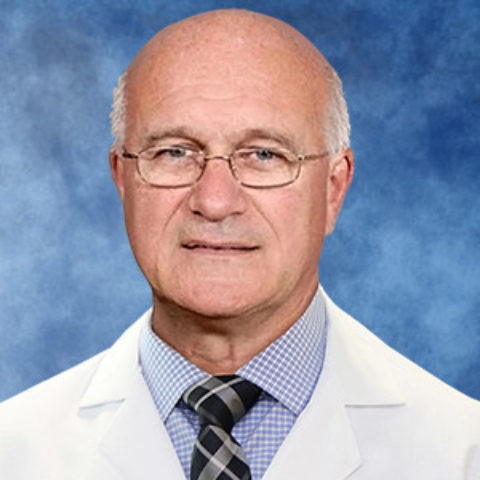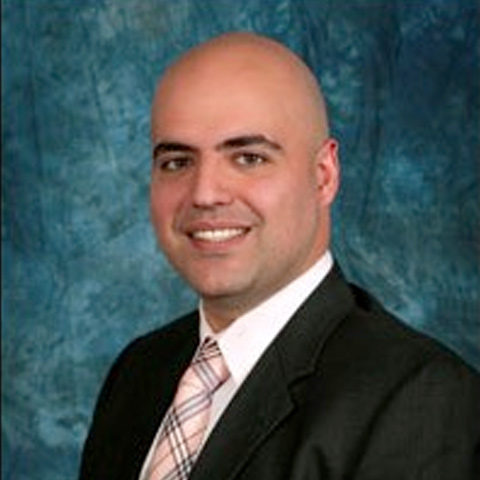
Treatment Options for Parkinson’s Disease
Throughout the world, approximately seven to 10 million people have Parkinson’s disease. This disorder affects your nervous system and it is progressive. It mostly affects the neurons in the brain that produce dopamine, a type of neurotransmitter. While there is no cure for this disorder, there are treatments that may help to slow the progression and help you to better cope with your symptoms.
Carbidopa-Levodopa
This medicine is considered the most effective for Parkinson’s disease. Once it gets to your brain, it is transformed into dopamine. Your doctor may prescribe it as an oral medication or as an infusion.
MAO B Inhibitors
These medicines inhibit the MAO B enzyme to stop the breakdown of dopamine to help with your symptoms. Examples of medications in this class include selegiline, safinamide and rasagiline.
Dopamine Agonists
These drugs work to mimic the effects that dopamine has on your brain. They are not considered as effective in controlling Parkinson’s disease symptoms as levodopa. However, the effects of dopamine agonists tend to last longer so that the control they do provide has a longer duration. There are several options, such as ropinirole, pramipexole and rotigotine.
Catechol O-Methyltransferase Inhibitors
Also referred to as COMT inhibitors, these medicines may slightly prolong levodopa’s effects. They do this by blocking an enzyme that works to break down dopamine. The most commonly prescribed medicine from this class is entacapone.
Amantadine
If you are in the early stages of Parkinson’s disease or your symptoms are mild, this medication may relieve your symptoms short-term. It may also be used to control involuntary movements for those who experience them as a result of carbidopa-levodopa therapy.
Anticholinergics
These medicines may be prescribed to control tremors. There are several options to consider, such as trihexyphenidyl and benztropine.
Deep Brain Stimulation
This procedure may help to reduce your symptoms by sending electrical pulses to the brain. A generator is implanted near your collarbone in your chest. The electrodes are strategically placed into a specific area of your brain. Your doctor can make adjustments to the settings as needed. If you are not responding well to medications, this may be an option for you.
It may take time to determine which treatment is the most effective for you. Your doctor may prescribe a combination of treatments, depending on your symptoms, their severity and how fast the disorder is progressing.





